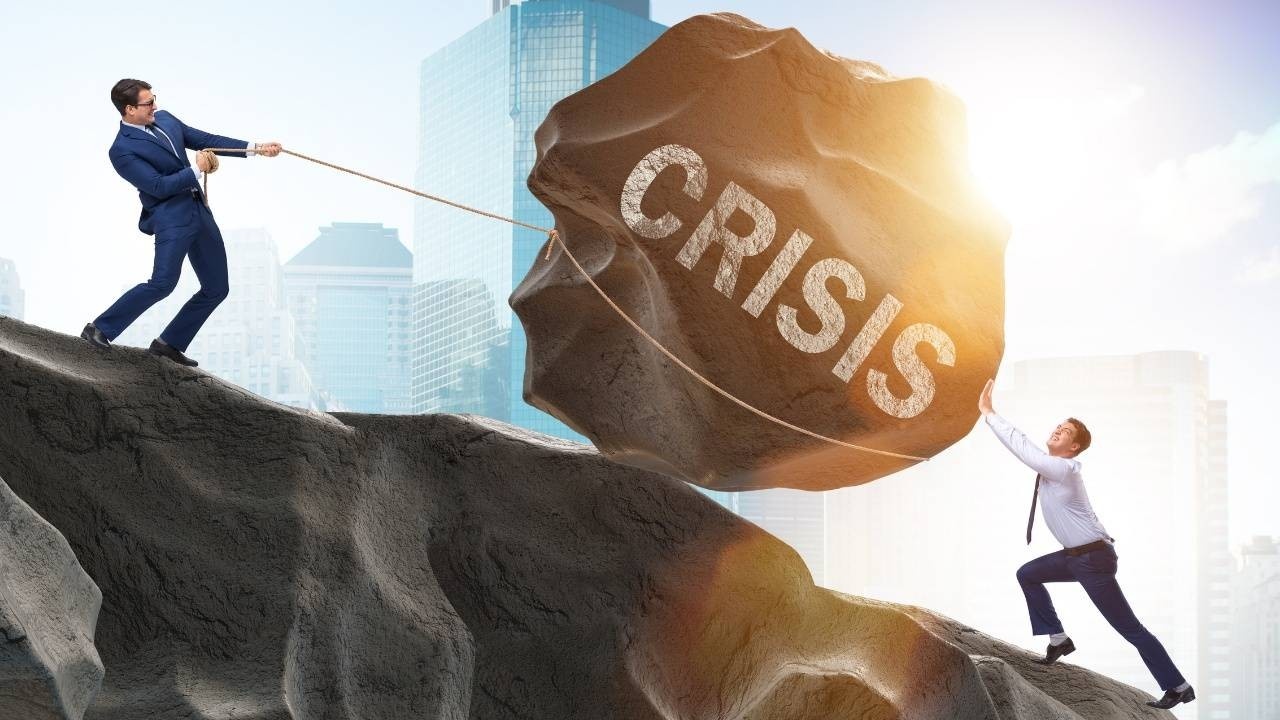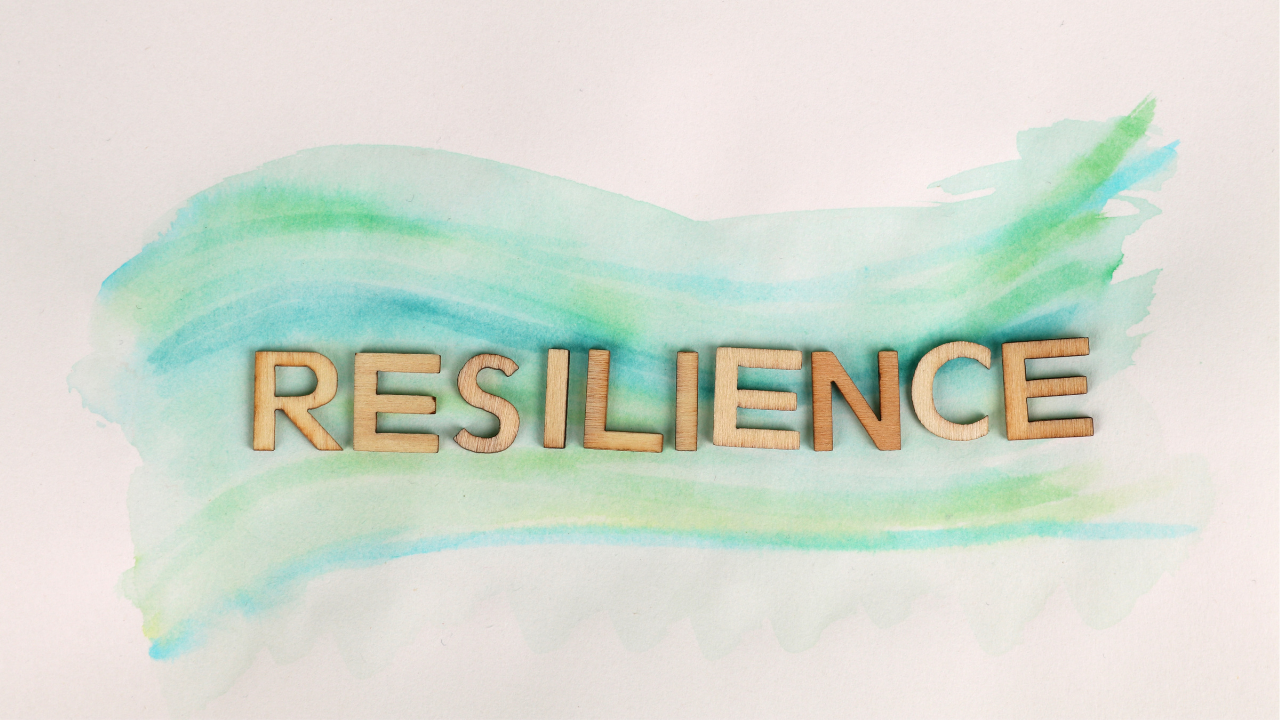Growing in the Midst of Crisis

The CoViD-19 pandemic has dealt a big blow to several individual entrepreneurs and organisations worldwide. This pandemic could have been a death blow to some of these organisations. However, there were some that took this blow as a catalyst for them to thrive and grow.
Pandora: Growth Amid a Major Crisis.

Are you familiar with the jewelry brand Pandora?
In 2010, Pandora proliferated the jewelry industry, becoming one of the world's largest jewelry brands. By 2016, the brand spread out to 2,700 locations and generated $3 billion in annual sales.
However, 2018 brought about a sudden stall in its growth and a 4% drop in its sales. As a response, the company launched a transformation program to cut costs, digitise the brand's experience and establish omnichannel capabilities.
These preparations were made more difficult by the COVID-19 pandemic. Pandora's sales fell by nearly half, making it one of the hardest-hit companies in the retail sector. Pandora's operating expenses remained high despite having a few stores left because the company still pays for the salary of its 11,000 employees.
The crisis led Pandora to keep a close eye on the company's cash flow and implement cost-cutting measures. The company created future scenarios based on infection rates in various countries to account for all possible outcomes.
During the pandemic, management remained faithful to its transformation plan. There were some areas where it even increased its efforts. The administration hired more than 100 software engineers to help the company improve its digital presence and speed up its transition to e-commerce.
The company created a digital hub where customers can buy products online and pick them up (or return them) in physical stores using new distribution channels, such as a virtual try-on simulation, a remote shopping assistant, and other features. The company increased its advertising budget and sent more personalised emails to customers.
As a result, for the first time in the company's history, online sales surpassed those from physical stores. In addition, since January 2020, the company's stock price has more than doubled.
The secret to Pandora’s success?
Resilience.
What is Resilience?

Our certification partner, The Institute of Social and Emotional Intelligence, defines resilience as ‘perseverance and diligence in facing setbacks’. It is also the capacity to recuperate quickly from experiencing challenges and crises.
According to the 2020 Strategic Road Map for Business Continuity Management, "Resilient organisations recover and thrive after a business crisis because they are resistant to the effects of crisis (by strong risk management), as well as adaptive, elastic, and long-term in the face of disruption."
Developing Organisational Resilience
Because of Pandora's resilience, the company rose above its crisis and engaged more customers despite closed stores.
How about you? Would you like your organisation to develop resilience?
If you do, here are some developmental tips that will help your organisation become more resilient in the face of a significant crisis. These measures will reinforce one another and help your organisation run with agility and flexibility in a challenging environment when implemented in conjunction.
1. Strategise.

If you fail to plan, you plan to fail. Before the pandemic began, Pandora already planned to launch a transformation program that aims to cut costs, digitise the brand's experience and establish omnichannel capabilities. Their planning ahead of time has helped them navigate through the sudden global crisis brought about by the pandemic.
Strategic planning helps your organisation chart its path to success. According to research, organisations that thrive in challenging times are not only those in industries with high demand for their products and services. According to the Deloitte Global Resilience Report for 2021, organisations that plan ahead of time for disruption—whether it's a slow-rising tide or a sudden overwhelming surge—are more likely to adapt, rebound, and endure.
Therefore, planning and anticipating future disruptions will position your organisation to survive and thrive despite challenging times.
2. Invest in your people.

Your company's ability to grow and thrive depends on the people who work there because your people are the backbone of your organisation. The pandemic has taught employers, business owners, leaders, and managers, that employees are not a cost item that can be optimised in a crisis. Instead, they are an organisation's most important asset.
Despite facing a major crisis, Pandora took care of its employee's welfare by not cutting off their salary.
So, invest in your people by compensating them well. Not just monetarily but skill-wise as well. Enrolling them in Social and Emotional Intelligence training programs can help them develop a number of competencies, including resilience, that will not only benefit them but will most benefit your organisation as well.
This approach may not sit well for some organisations, but research has proven that doing so is a common thread among winning organisations.
3. Be Agile.

Agility is defined as anticipating and responding quickly to changing conditions. Given that we live in a world of constant change, agility entails taking a proactive approach to change, anticipating challenges and opportunities, being willing to rethink past assumptions, and readily, willingly, rapidly, and effectively adapting to change.
The ever-changing conditions of a crisis need leadership teams to quickly spot emerging patterns, make quick decisions in the face of ambiguity, and, most importantly, decide when to stick to a decision and when to change. As a leader, you need to take risks and do whatever it takes to move your organisation forward.
Pandora knew that the trends were changing, and they needed to keep up. They digitised the brand's experience and established omnichannel capabilities to keep up with the changing times. Doing so generated the most significant sales they ever had.
4. Keep Going.

Navigating a crisis is easier said than done. There will be times where the going gets tough, and you will be tempted to quit. But don't! Remember why you started and what your goals are. Stay faithful to your purpose and your plan.
Pandora continued to make progress by sticking to their goals and plans. They did not use the pandemic as an excuse to put a halt to change. The organisation viewed the situation not as another challenge to conquer but an opportunity to regroup and undertake bold reforms that would not have been possible under normal conditions.
Conclusion

Lou Holtz said it best: “Show me someone who has done something worthwhile, and I’ll show you someone who has overcome adversity.”
Develop resilience to thrive and grow amid crisis!
We Are Here to Help
At People Builders, we have a team of expert trainers and coaches who can help you in building you and your team’s Emotional Intelligence. Contact us today for a quick chat to see how we can partner with you to train and coach you and your team.
If you are interested in becoming certified to be a trainer and coach in Social and Emotional Intelligence, Applied Neuroscience, or Extended DISC, go to our People Builders Institute website.
Let's start a conversation!
Contact us to see how we can partner with you to bring out the best in your people.
We hate SPAM. We will never sell your information, for any reason.



